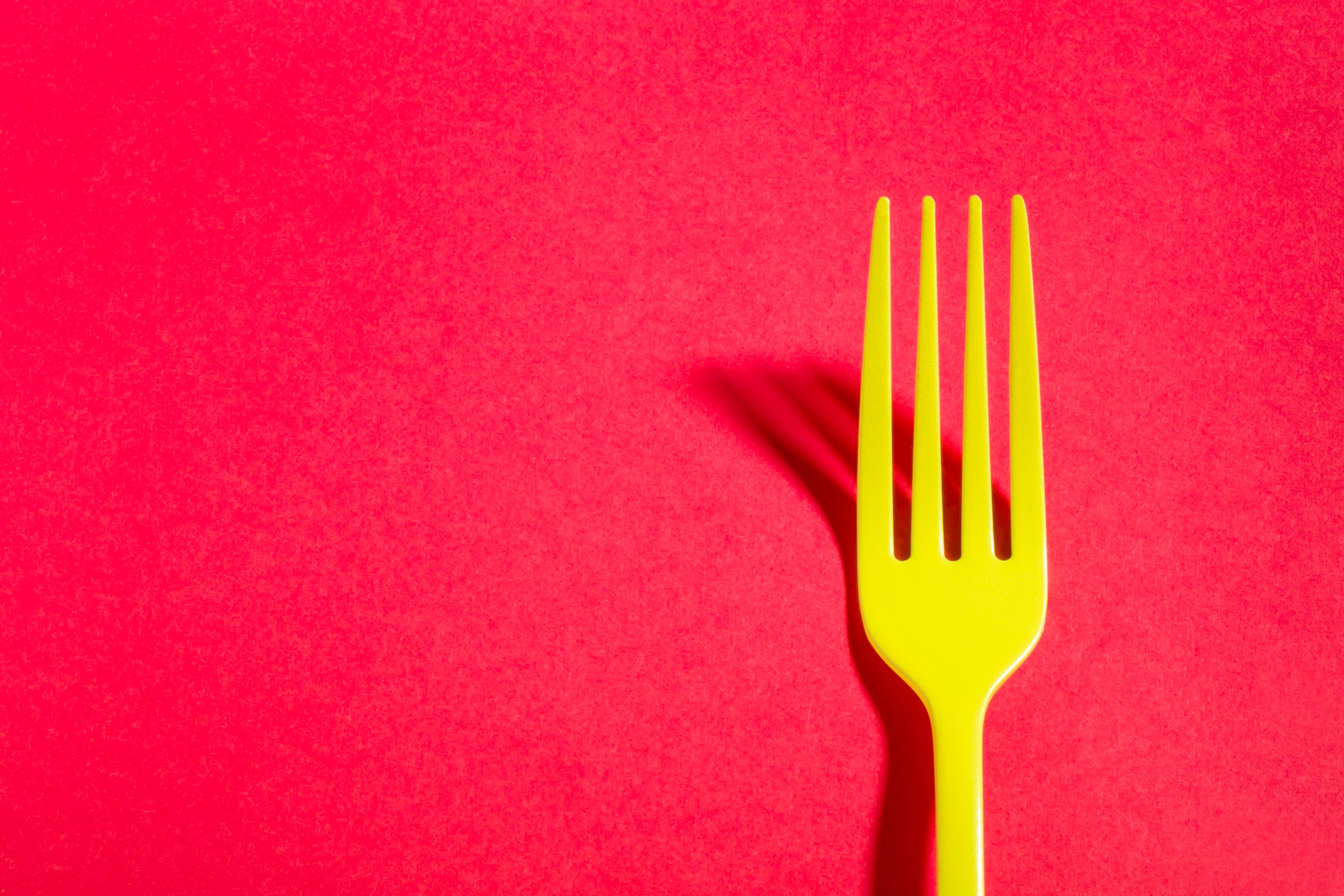
People looking to lose weight might try all kinds of ways to eat fewer calories. Now, a study in BMJ Open sheds some light onto which of those strategies actually work: Based on data from nearly 60,000 people, three behaviors—eating slowly, cutting out after-dinner snacks and not eating within two hours of going to bed—were linked to lower obesity rates and smaller waistlines.
The study looked specifically at people in Japan with type 2 diabetes who had one to three health check-ups between 2008 and 2013. During those appointments, people were asked about their eating and sleeping habits, including how fast they typically ate and whether they regularly skipped breakfast, snacked after dinner or ate before bed. They were also asked about their alcohol and tobacco use.
At the start of the study, more than half of the people said they ate at a normal speed, while about a third said they tended to eat fast. Only about 7% of people called themselves slow eaters.
Compared to those who wolfed down their food quickly, those who ate at a normal speed were 29% less likely to be obese. People who ate slowly were 42% less likely to be obese. And although absolute reductions in waist circumference over the course of the study were small, they were greater among slow and normal eaters.
People who said they didn’t snack after dinner at least three times a week, and those who didn’t eat within two hours of bedtime, were also less likely to gain weight over the course of the study than those who did those behaviors. Surprisingly, eating breakfast did not appear to make much of a difference for weight gain. Whether people regularly ate or skipped breakfast did not seem to have an effect on change in BMI. (The authors note, however, that skipping breakfast over a long period of time has been linked in other studies to high BMI and elevated disease risk.)
MORE: TIME’s Guide To Weight Loss
The findings make sense, say the researchers. Eating quickly has previously been linked to impaired glucose tolerance and insulin resistance, which can affect metabolism and fat-burning. Fast eaters may also continue to scarf down food even after they’ve consumed adequate calories, the study authors write in their paper, whereas slow eaters might feel full on less food overall. (The study did not look at how many calories people actually consumed on a regular basis, which likely affected their obesity risk.)
Slow eaters also tended to be healthier, and to have healthier habits, than their faster-eating peers. But even after controlling for other potentially influencing factors, the researchers found that eating speed appeared to be an independent factor in weight and body mass index measures.
Registered dietitian and Slim Down Now author Cynthia Sass, who was not involved in the study, says the findings are not surprising. But they are a good reminder that how and when people eat can be as important as the foods they choose, she adds. “I have had clients simply make changes to their eating pace and times and see weight-loss results without changing what they ate,” she says.
Eating high-calorie snacks after dinner or before bed is “like topping off your gas tank before you park the car in the garage,” says Sass. You’re less likely to burn off those extra calories overnight, when the body’s energy requirement is low.
Other research has shown that a slower eating pace improves satiety, Sass says. “There are apps to help you slow your eating pace,” she says, “but even just putting your fork down between bites and eating without distractions, like your phone or TV, can help.”
The authors point out that about half of the people in the study changed their eating speed throughout the course of the study—suggesting that this type of lifestyle modification is achievable, and that it may make a difference in body weight. Interventions and education initiatives aimed at altering eating habits “may be useful in preventing obesity and reducing the risk of non-communicable diseases,” they concluded.
More Must-Reads from TIME
- Why Trump’s Message Worked on Latino Men
- What Trump’s Win Could Mean for Housing
- The 100 Must-Read Books of 2024
- Sleep Doctors Share the 1 Tip That’s Changed Their Lives
- Column: Let’s Bring Back Romance
- What It’s Like to Have Long COVID As a Kid
- FX’s Say Nothing Is the Must-Watch Political Thriller of 2024
- Merle Bombardieri Is Helping People Make the Baby Decision
Contact us at letters@time.com